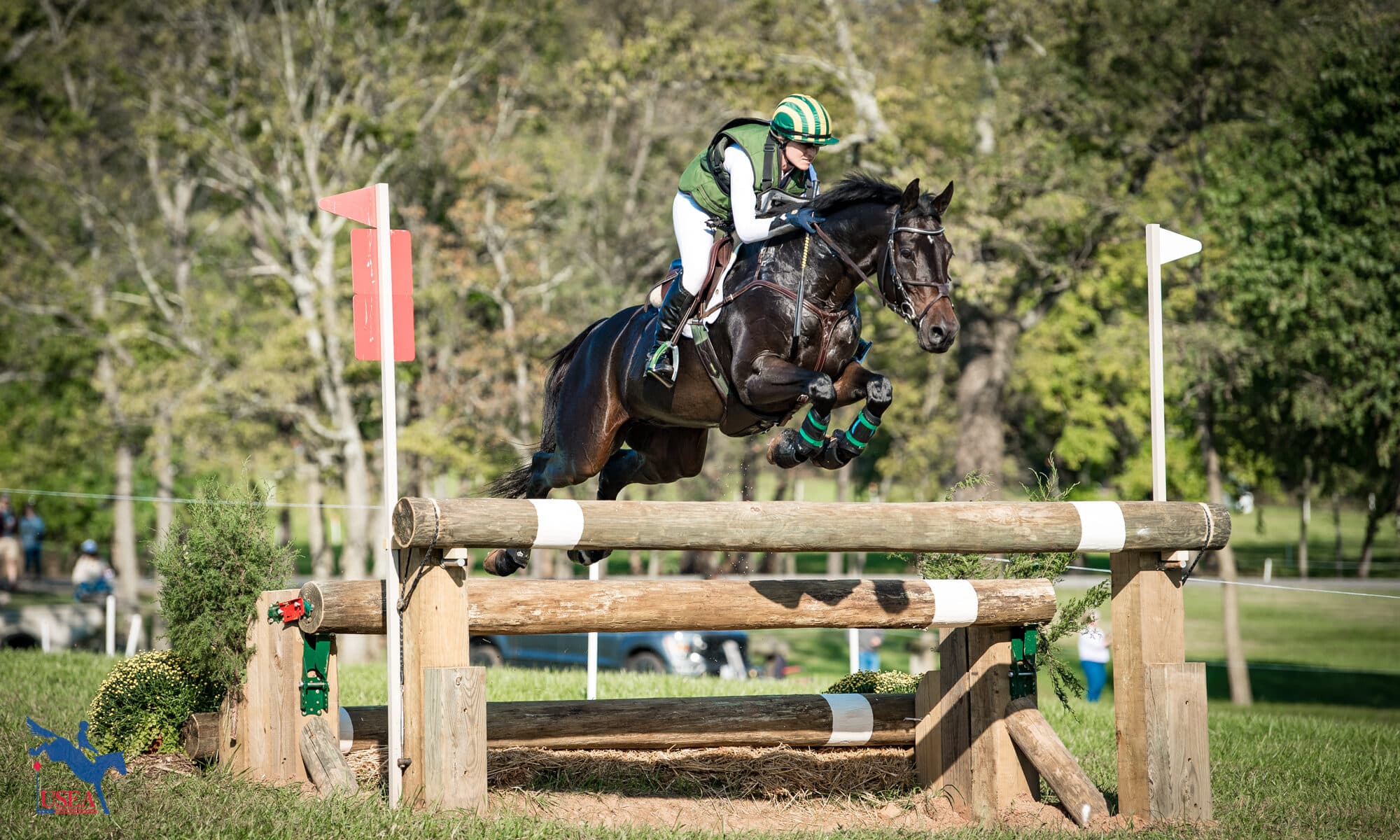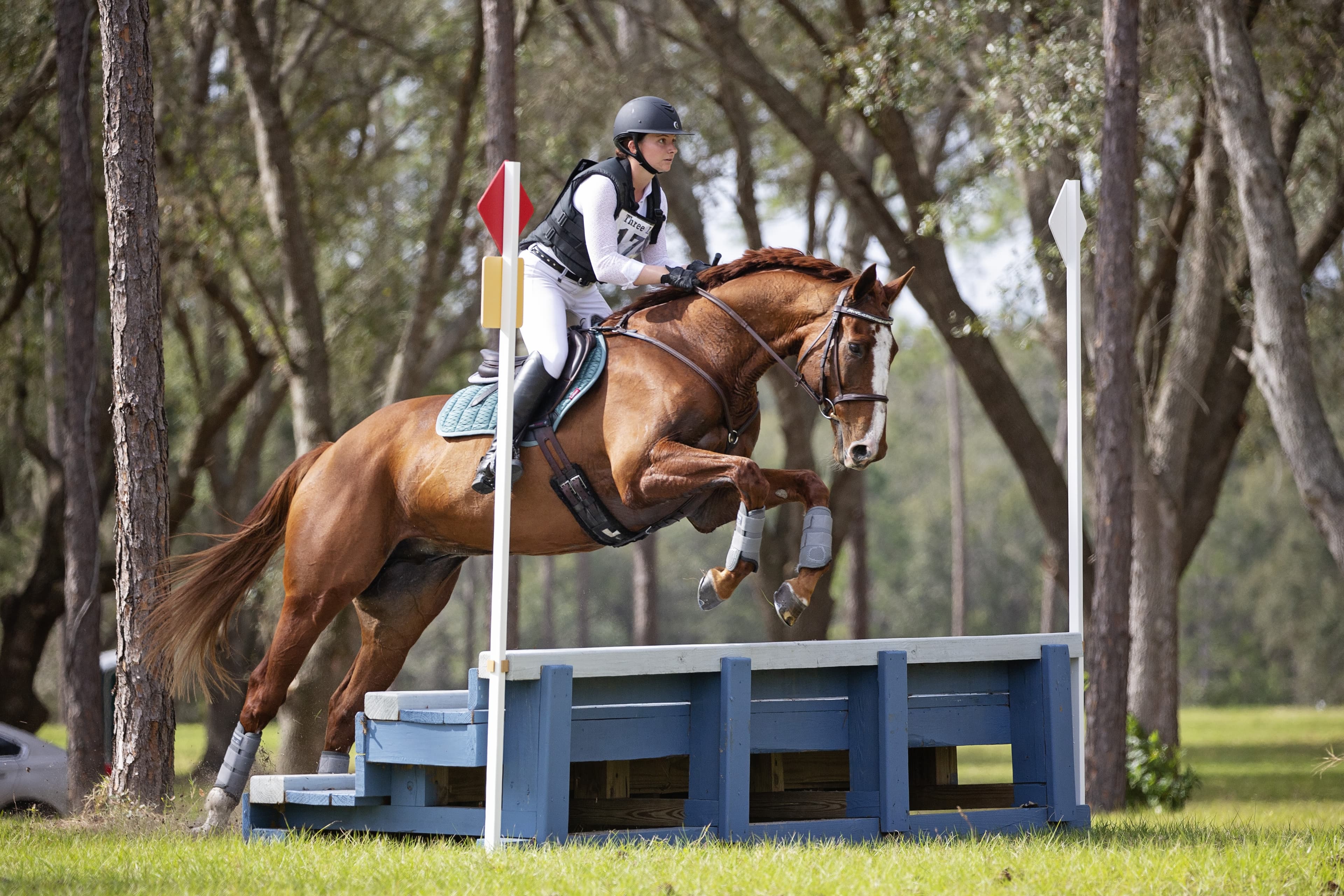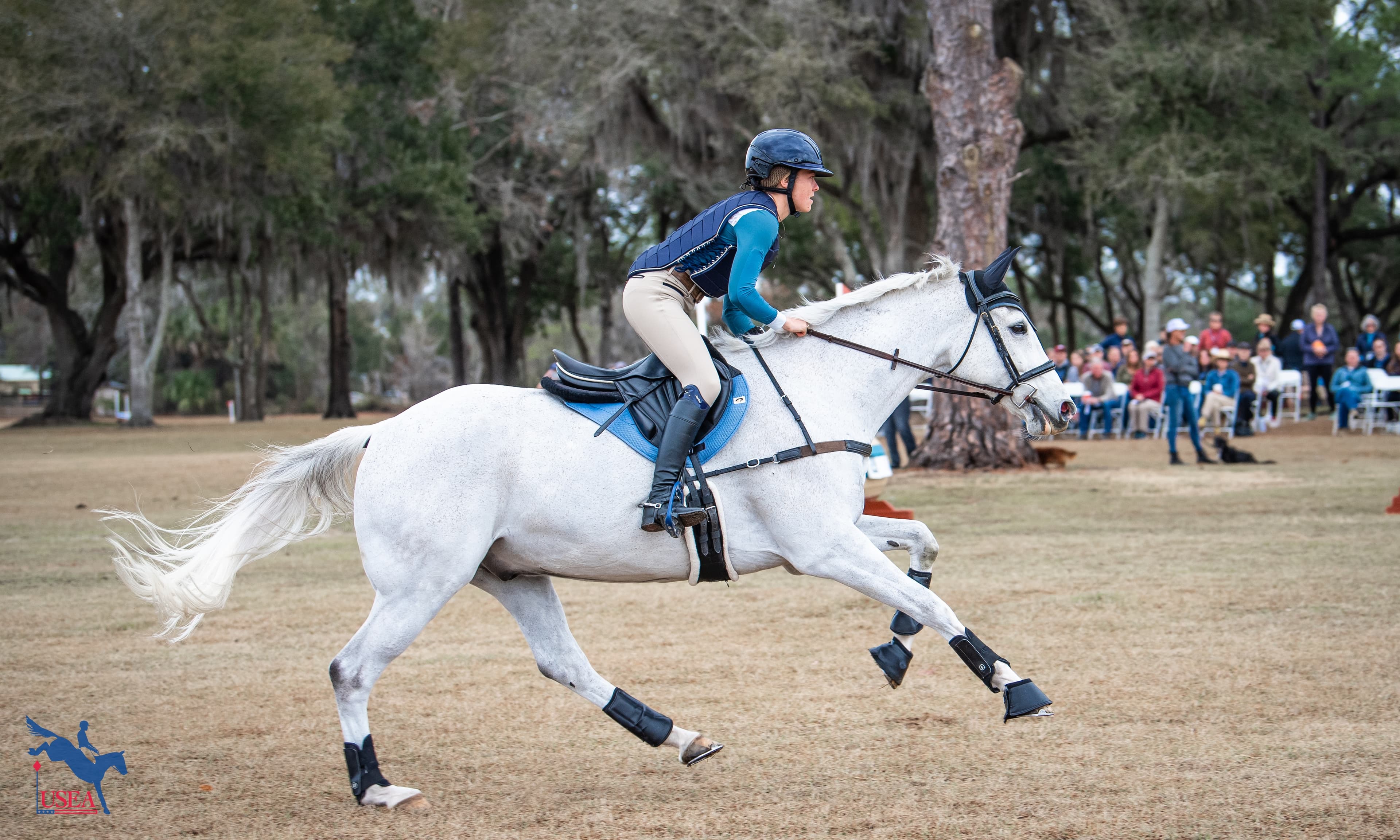The Power of Feedback: Enhancing the Horse Trials Experience

The following is provided through a partnership between STRIDER and the USEA. As part of our commitment to diversity, enabling access, and building capacity throughout the industry we are pleased to provide this content to benefit the sport of eventing.
Horse trials are so much more than a competition; they are community events where riders, trainers, organizers, spectators, and volunteers come together to celebrate the sport we all love. Competitors invest countless hours training, preparing, and strategizing, and each event provides invaluable experiences. The teams who make these events happen operate similarly with tons of labor hours strategizing, organizing, and coordinating everything from the big picture down to the smallest details. One key aspect of this journey for all involved is the value of post-competition participant feedback. As eventing participants- whatever that may look like for you—there is a unique opportunity to impart positive influence on the future of our sport through feedback.
Why Feedback Matters
Continuous Improvement. Feedback from participants is crucial for organizers to enhance future events. It offers insights into what worked well and what could be improved, helping to refine the overall experience. Whether it’s about the course design, the scheduling, or the facilities, your input can lead to tangible changes that benefit everyone.
Enhancing Safety and Fairness. Safety is a primary concern in eventing. Providing constructive feedback on aspects like course difficulty, jump design, and warm-up areas helps organizers make informed decisions that prioritize competitor welfare. Additionally, insights on judging and scoring can ensure a fair competition environment.
Building Community. Sharing your thoughts fosters a sense of community within the eventing world. When competitors share their opinions in a constructive way with organizers (through the USEA’s Event Evaluation Form, for example), it encourages open dialogue between participants and organizers. This connection can lead to collaborative efforts in improving events and creating a supportive network that benefits all involved.
Personal Growth and Reflection. The process of providing feedback also allows competitors to reflect on their own experiences. By evaluating what went well and what didn’t, riders can identify areas for personal growth, making them more prepared for future challenges.
How to Provide Effective Feedback
Be Specific. General comments like "It was great" or "It could be better" are less helpful. Instead, pinpoint specific elements—like the layout of the course, the timing of the warm-ups, or the friendliness of volunteers—that made an impact on your experience. Remember too, that organizers need to know why you did or did not enter, about your entry experience in general, or what may have influenced your decision to wait until the closing date to enter.
Be Constructive. Approach feedback with a solution-oriented mindset. If you encountered issues, suggest potential improvements rather than merely stating what went wrong. This constructive approach fosters collaboration and demonstrates a commitment to the sport.
Use Available Channels. Take advantage of the USEA Event Evaluation Form! Your voice matters, and organizers appreciate the input.
Share Positives. Don’t forget to highlight what worked well! Positive feedback is just as valuable as constructive criticism. Recognizing the hard work of organizers and volunteers boosts morale and encourages them to keep striving for improvements.
It’s vital for event organizers to understand the factors that influence participation in their horse trials. By sharing our experiences after horse trials, we contribute to a cycle of continuous improvement that benefits everyone involved. So the next time you finish a competition, take a moment to reflect and provide your feedback. Together, we can elevate the sport we love, ensuring that it continues to thrive for generations to come.
STRIDER is the leading entry platform across disciplines for the equestrian industry.
From enabling riders to discover and book the perfect opportunity to helping equestrians across the industry grow and run their businesses, STRIDER fosters connections to top-tier experiences. Please visit www.striderpro.com to learn more about the suite of software products and services available.















